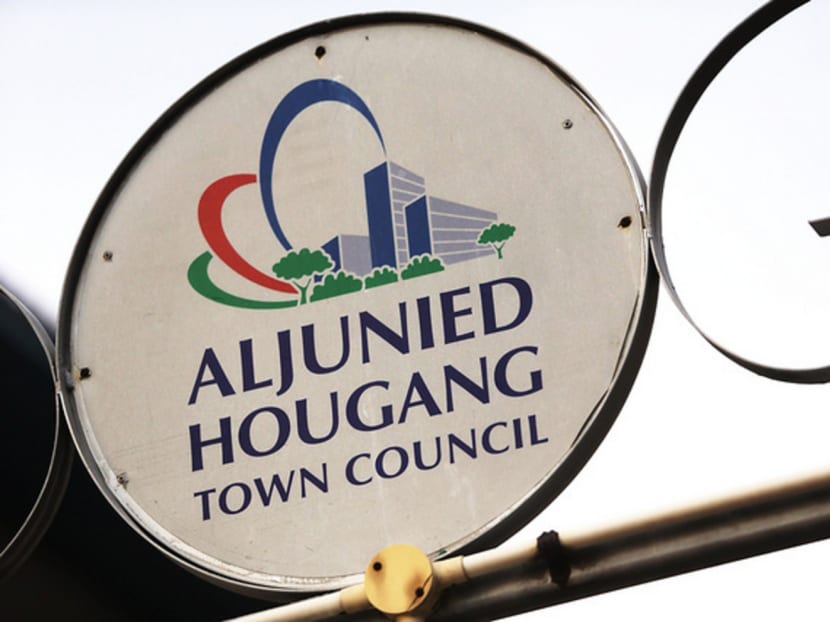AHTC lawsuit: Case puts councillors’ duties in spotlight, say lawyers
SINGAPORE — The independent panel acting on behalf of Aljunied-Hougang Town Council (AHTC) to recover improper payments is arguing that the town council members named in the civil lawsuit are fiduciaries — or persons placed in a position of trust — of the town council.
SINGAPORE — The independent panel acting on behalf of Aljunied-Hougang Town Council (AHTC) to recover improper payments is arguing that the town council members named in the civil lawsuit are fiduciaries — or persons placed in a position of trust — of the town council.
However, some legal experts and lawyers told TODAY that whether those named — including three Workers’ Party (WP) Members of Parliament — owe fiduciary duties to the town council could be a point of contention that the court will have to rule on before assessing claims made in the lawsuit, as such a suit against town councillors appears to be unprecedented.
In the Statement of Claim filed in court on Friday, some of the core fiduciary duties listed were “a duty to act honestly and in good faith in the best interest of AHTC”; “to avoid placing oneself in a position where there is a conflict, or potential conflict”; and “to diligently exercise reasonable care and skill in the exercise of their powers and in the discharge of their responsibilities”.
The statement added that the fiduciary duties were consistent with specific provisions — like Section 15 of the Town Council Act, as well as rule 42 and rule 74(19A) of the Town Council Financial Rules — which made clear that town council members in a position of conflict of interest must declare their interest, and not participate in any decision regarding that matter.
However, Singapore Management University (SMU) law lecturer Benjamin Joshua Ong said there is “no definitive ruling by the court” as to whether members hold fiduciary duties to the council. Hence, the court “will first have to rule decisively on whether the defendants owe fiduciary duties to the town council in the first place”.
Agreeing, SMU law don Eugene Tan said the defendants could claim in court that they did not.
While the court may have to rule on this aspect, experts argued that the town councillors had been entrusted as custodians of public money.
“Under general law, the town councillors are likely to be treated as having fiduciary duties. They are akin to company directors and directors of charities and institutions of a public character,” Assoc Prof Tan said.
The concept of fiduciary obligations was first developed in the context of trust between a trustee and a beneficiary, said SMU law professor Tang Hang Wu.
Over time, the concept has been extended to govern the management of other relationships, such as that of company directors and their companies, the solicitor-client relationship and the relationship between partners.
A breach of fiduciary duties is a civil case and does not suggest criminality. So if the court rules in favour of the town council, the defendants would be asked to “make restitution or an equitable settlement” instead of paying a fine, said Assoc Prof Tan.
Lawyer Thio Shen Yi, from TSMP Law Corporation, said a remedy could also be in the form of accounting for “secret profits” made from the breach. Generally, in egregious instances, a civil case could escalate into a criminal one, but that would require a separate course of action, with a higher “standard of proof”, the lawyers said.
In this case, the independent panel has “no legal powers to prosecute”, said Assoc Prof Tan, so “depending on the alleged offence(s), it could be the Housing Development Board (HDB) and/or the Attorney-General as the public prosecutor pursuing the matter”. The HDB said yesterday that it is studying details of the panel’s claim, and has asked the Attorney-General’s Chambers (AGC) to advise on the matter.
Mr Ong said: “To make out a civil claim successfully, the plaintiff only needs to prove its claim on the balance of probabilities. In a criminal case, on the other hand, the prosecution must prove its cases beyond a reasonable doubt.”









